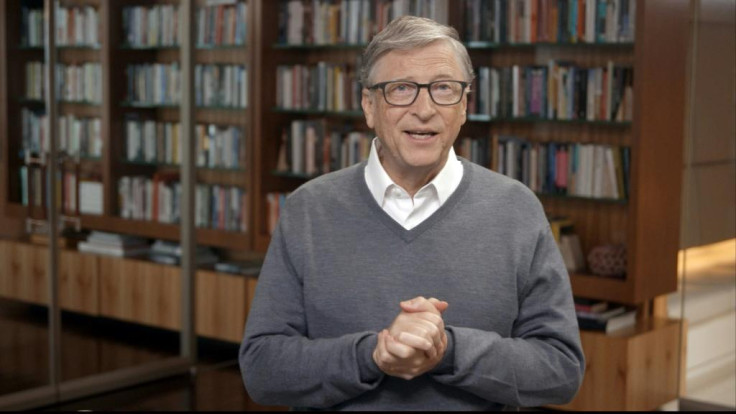Bill Gates believes Open AI's ChatGPT is the most revolutionary tech
ChatGPT, an artificial intelligence app, can write essays and poems or create code on command.

Bill Gates, the co-founder of Microsoft, has spoken out in a 7-page letter on the benefits and possible disadvantages of the developments that have taken place in the tech sector over the last few months.
The letter, titled "The Age of AI Has Begun," was shared by Gates on his LinkedIn account. The billionaire philanthropist believes that Artificial Intelligence is revolutionary and will help reduce inequalities in the world.
He said that in his lifetime, only two demonstrations of technology struck him as revolutionary; one was the graphical user interface—the forerunner of every modern operating system, including Windows—and the other was OpenAI.
He believes that AI will change the way businesses function and will reorient industries. It will also change the way people work, learn, travel, get healthcare, and communicate with each other.
Gates is convinced that climate change is another area where AI will be able to help. He added that he is still learning how exactly AI will be able to help in this field and that he will come up with suggestions.
He went on to add how AI will give governments and authorities the opportunity to reduce inequity. "The evidence shows that having basic math skills sets students up for success, no matter what career they choose. But achievement in math is going down across the country, especially for Black, Latino, and low-income students. AI can help turn that trend around," read the letter.
Gates' letter comes against the backdrop of Microsoft launching an AI chatbot known as ChatGPT. The artificial intelligence app can write essays and poems or compute code on command. The development has taken the world by storm and led people to debate whether AI can replace humans in specific vocations.
There's a lot of hype surrounding ChatGPT. An earlier report suggests that next-generation AI chatbots could have a human-like avatar and voice. Tech giants are sparing no effort to come up with their versions of AI chatbots. To recap, Google recently allowed developers to access a ChatGPT-like generative AI.
A poll conducted by Resumebuilder.com revealed that nearly half of US-based businesses have already started using ChatGPT in their company. Moreover, since these companies have reportedly started to use AI chatbots, the workers have been replaced. This was ahead of the GPT-4 launch. So, it is safe to assume that more businesses will adopt AI-based resources in the coming days.
Some people believe it is a revolutionary development that can assist humans, while others are almost scared and believe that it could be detrimental to humanity. Gates has addressed some of these concerns as well. "Any new technology that's so disruptive is bound to make people uneasy, and that's certainly true with artificial intelligence," he said.
He added that AI can also make errors and experience hallucinations and that he understands why the latest developments have made people question things. He suggested some of the ways in which AI can be used to empower people.
"AI will enhance your work—for example by helping with writing emails and managing your inbox," Gates wrote. In addition, advances in AI will enable the creation of a personal agent. Think of it as a digital personal assistant: It will see your latest emails, know about the meetings you attend, read what you read, and read the things you do not want to bother with. This will both improve your work on the tasks you want to do and free you from the ones you don't want to do," he added.
He added that AI will free people to do other things, tasks that software cannot ever perform like teaching, caring for patients, and supporting the elderly.
© Copyright IBTimes 2024. All rights reserved.






